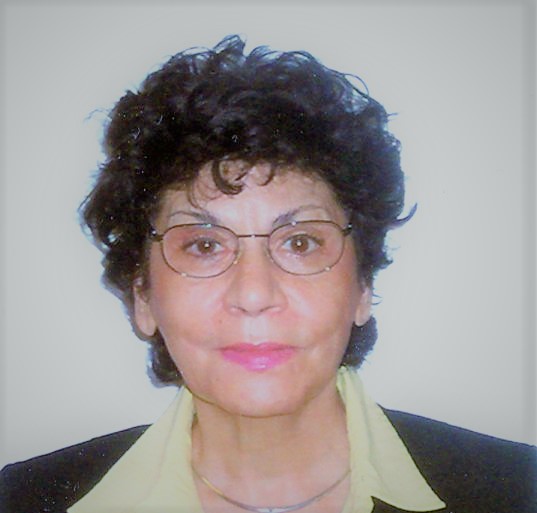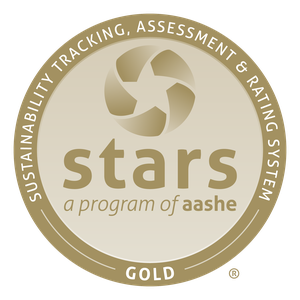The focus group meeting was organized and chaired last October under the International Academy of Astronautics by Clarkson University Prof. Dr. Liya Regel (Chair, IAA Study Group “STEAM for Space”) with the essential help of the office of Prof. Dr. Wesley Harris (NAE, IAA) in the AeroAstro Department at MIT. Participants and guests received a special invitation for the one-day meeting, including a campus and lab tour, impressive poster presentations on research by MIT AeroAstro Department graduate students, and more.

The Focus Group meeting brought together representatives from different organizations and countries. It showed the way to create novel approaches to advance Science Engineering Technology Art Mathematics (STEAM) for Space, and to make important steps in recognizing the importance of STEAM for education in general. Discussion meeting topics included: STEAM for Space and Creative Arts; STEAM for Space – a New Model for Education; STEAM Principals in Space Project Design; STEAM for Space and Human-Systems Integration; STEAM and Creative Performances During Short or Long Space Flight Missions; STEM/STEAM for Space and Innovation; STEAM for Moon/Mars, as a Model for the Restricted Workplace Compared to the Open Society on Earth.
Dr. Jean-Michel Contant, IAA Secretary General, presented a lecture on “The International Academy of Astronautics and STEAM for Space.” He also gave an overview of the history, the present status, and expectations for the future of the Academy.
Dr. Regel in her opening remarks described the role, goals, strategic plan, and opportunities for the Study Group from its beginning up to recent days. She noted that, so far, the elite body of the IAA is the only international organization with a study group focused on STEAM for Space, which began in 2014. Since then the Academy selectively appointed members from different countries and organizations from six continents to the SG to provide their essential knowledge, experience and leadership to reach the goals: identify sources for relevant expert information from the space countries and their national academies, companies, organizations and professionals in STEAM education for space research; and generate recommendations to advance this essential endeavor.
She invited the audience to consider the classical curriculum of ancient Greece and Rome that was organized into the trivium: rhetoric, logic, grammar; and thequadrivium: arithmetic, geometry, astronomy, music. She referred to the polymath genius, Leonardo da Vinci: scientist, mathematician, engineer, inventor, anatomist, painter, sculptor, architect, botanist, musician and writer, all in one human. His dreams of space flight and inventions still live with his amazing sketches, flight models, paintings, sculptures, and more. Dr. Regel pointed out that STEM/STEAM was born with Leonardo de Vinci; he was the first “STEAMIST.” Regel shared with the audience her new acronyms, STEMIST and STEAMIST, to denote educators, professionals, and advocates for STEM and STEAM education worldwide.
Dr. Regel says, “STEAM through the lens of the creative arts will make all the difference in the world. The next generation of leaders for space can be brought to a new level of excellence by pioneering new methods of teaching that combine disciplines that have been isolated from one another under traditional educational models. We need to continue to generate benefits for society through STEAM for ALL education around the world, but especially for future space leaders of tomorrow.”
Some of the presentations and discussion on STEM and STEAM for Space were:
Dr. Guy Andre Boy, Professor of Centrale Supélec, Paris Saclay University, and ESTIA Institute of Technology, France, introduced his view of the importance of Human-Systems Integration (HSI) as a Technique and an Art.
Mrs. Kaori Sasaki, Director, Space Education Center, JAXA, Japan, described one of the leading efforts in science education and STEM education in Japan — the Super Science High-School (SSH) that was started in 2002.
Dr. Oleg Ventskovsky, Director of the Brussels-based European Representation of the Yuzhnoye Design Office, pointed out a very special, in his view, instrument for STEAM education – the game of chess. He believes that cultivating chess among primary and secondary scholars can help improve their concentration, develop logical and critical thinking, and promote creative problem solving and other useful qualities.
Mr. Amal Khatri, Executive Director at the South African National Space Agency (SANSA), told how SANSA is actively involved in the development of human capital, in particular through SANSA’s Science Advancement role, and in STEM to support the future of Space in emerging countries.
Prof. Mg. Alejandro J. Román M., General Director of Aerospace Development and Execution of the Space Agency of Paraguay, described the implementation of project-based learning using Space-based applications to strengthen and improve STEM/STEAM education in Paraguay.
Dr. Herie de Vries, a Visiting Scholar from Luxemburg at Yale University, New Haven, Connecticut, introduced her research on “Creative Performance in the Extreme Human Environment of Space.”
At Clarkson, Dr. Regel founded and directed the International Center for Gravity Materials Science and Applications, was appointed a Distinguished Research Professor of Engineering, instituted and directs the New Horizons in Engineering Distinguished Lectureship Series, received over $2.5 million in external funding, and was the first working faculty member to be awarded an honorary Doctor of Science at Clarkson. In 2019 a Distinguished Professorship endowed chair was created in her name along with Bill Wilcox.
Professor Regel is the solo author of 6 monographs, published in the USA,
UK, France, Russia; published over 300 scientific papers; and edited 6 books
and conference proceedings. She has made
over 600 presentations, including university commencement speeches, keynote
addresses, plenary lectures, and invited seminars. She has served in many significant leadership
positions in national and international organizations, and chaired program and
organizing committees for over 200 scientific meetings. She has mentored many students at all levels, including
cosmonauts, along with post-doctoral visitors. They subsequently attained highly responsible
positions in universities, companies, and national laboratories. She has received many awards from around the
world.
Professor Regel was elected to full membership to the International Academy of Astronautics (IAA). At IAA she founded and chaired the Advanced Materials Science Committee, received the Basic Science Award and the Best Book Award, and founded and chairs the Study Group “STEM/STEAM for Space. Grand Challenges.”
Regel is a scientist, educator, creative artist, composer of music for the piano, and writer of stories and poetry. Her art is displayed on campus at Clarkson and at museums, a church, and many private collections in several countries. She has long been an advocate of including the creative arts in the education of students in science, technology, engineering and mathematics. She created the acronyms STEAM in 2000 and STEAMIST in 2019.
Click here for a shareable link: https://www.clarkson.edu/news/clarksons-regel-chaired-focus-group-meeting-future-steam-space-mit

